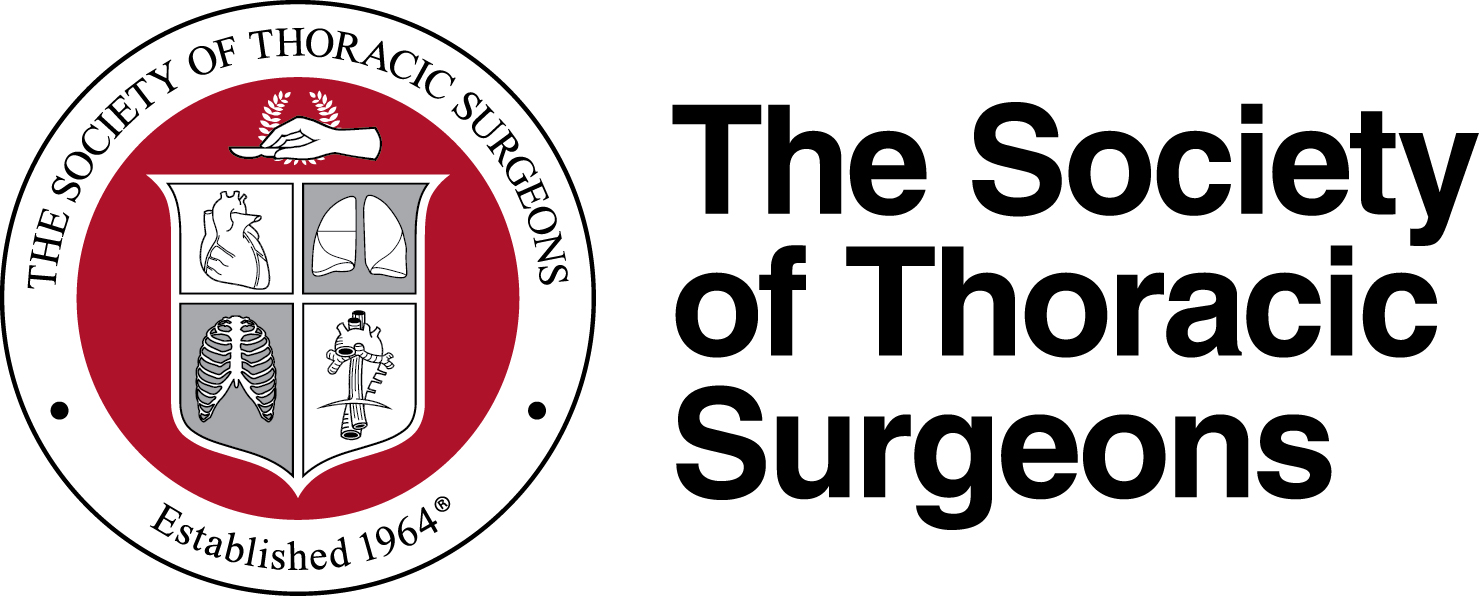Newswise — Orlando – Infants and children who undergo heart transplantation are experiencing good outcomes after surgery and may expect to live beyond 15 years post-surgery with reasonable cardiac function and quality of life, according to a study released today at the 50th Annual Meeting of The Society of Thoracic Surgeons.
Hannah Copeland, MD and colleagues from Loma Linda University in Loma Linda, CA, reviewed medical charts of 337 pediatric heart transplant patients who underwent transplantation at their institution since 1985.
“The average adult survival rate following heart transplantation currently is 10 years,” said Dr. Copeland. “We studied survival rates beyond 15 years for pediatric heart transplant patients to learn more about quality of life and factors that led to improved survival.”
More than half (54.3% or 183/337) of the pediatric transplant patients in the study group survived at least 15 years past surgery.
The researchers found that of those 15-year survivors, 82.5% (151) were currently alive and showed good heart function at most recent follow-up. Their average ejection fraction was 62%, meaning that 62% of the blood in the left ventricle was pushed out with each heartbeat. A normal ejection fraction is between 55% and 70%.
“Our study demonstrates that pediatric heart transplant patients who live more than 15 years post-surgery can expect to have reasonable cardiac function and quality of life,” said Dr. Copeland.
The researchers also found that the main factors limiting long-term survival among pediatric heart transplant patients were graft vasculopathy and renal (kidney) complications. Graft vasculopathy is an accelerated form of coronary artery disease in which artery walls progressively thicken due to plaque buildup. Repeat heart transplantation can be performed to treat graft vasculopathy, while kidney transplantation can be performed on patients who develop renal complications.
“While major challenges still exist for long-term survival in kids, close surveillance lifelong monitoring, and with advances in immunosuppression medications, the lifespan of the patient can be prolonged,” said Dr. Copeland. “Pediatric heart transplant is not a cure, but a chance at life.”
###
For a copy of the abstract*, contact Cassie Brasseur at 312-202-5865 or [email protected].
Founded in 1964, The Society of Thoracic Surgeons is a not-for-profit organization representing more than 6,800 cardiothoracic surgeons, researchers, and allied health care professionals worldwide who are dedicated to ensuring the best possible outcomes for surgeries of the heart, lung, and esophagus, as well as other surgical procedures within the chest. The Society’s mission is to enhance the ability of cardiothoracic surgeons to provide the highest quality patient care through education, research, and advocacy.
*The number of patients included in the analysis may differ from what is reflected in the abstract due to further analysis conducted by the authors.
MEDIA CONTACT
Register for reporter access to contact detailsCITATIONS
50th Annual Meeting of The Society of Thoracic Surgeons
